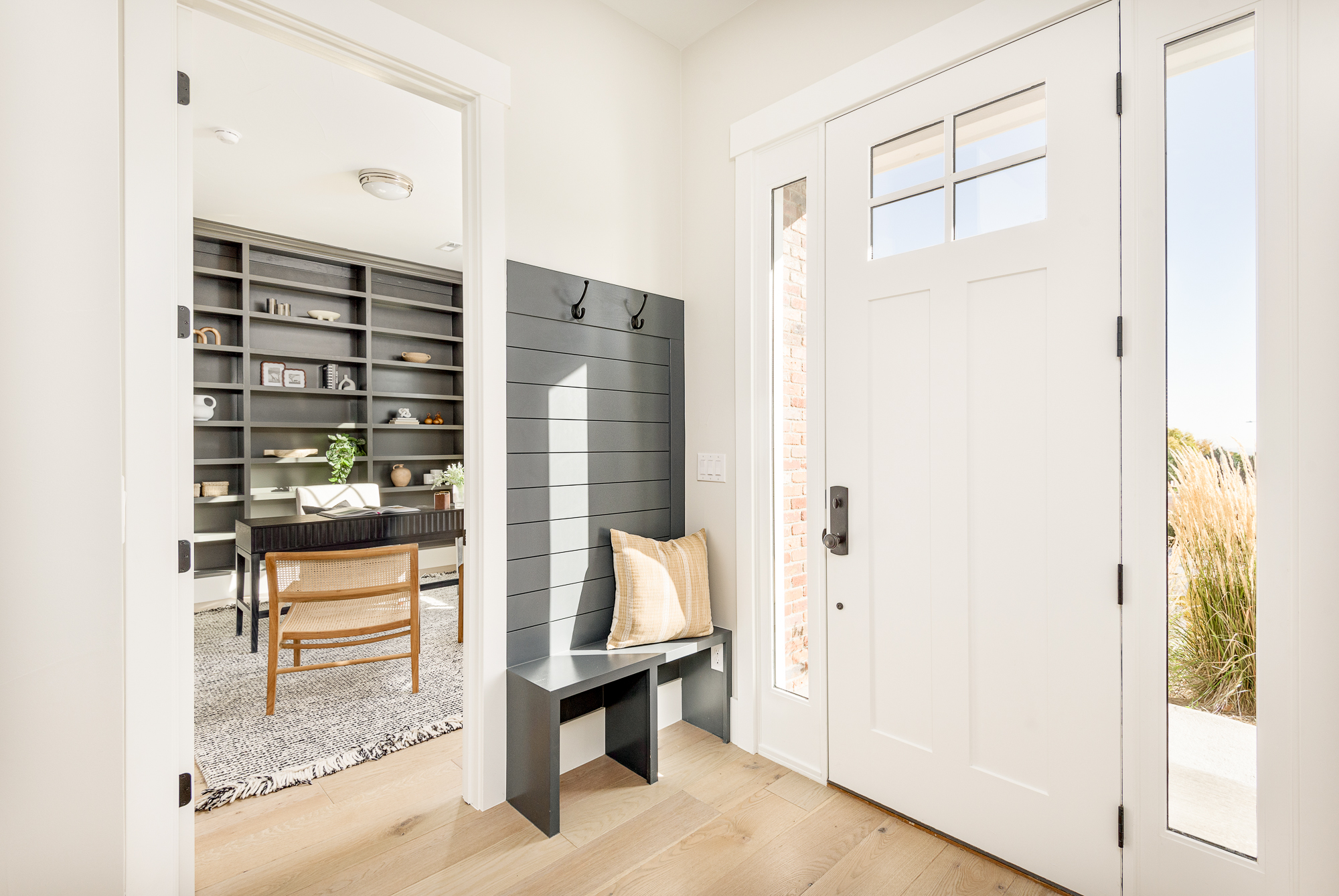The Colorado housing market presents unique challenges and opportunities for those feeling stuck in their current homes and yearning for transitioning between homes where they fit. In this blog post, I share expert insights from top mortgage lender Jess Uphoff, providing practical strategies to transition smoothly from your current home to one that better suits your life.
Current Transitioning Between Homes Challenges
Many homeowners are currently benefiting from low interest rates, with around 62% of Americans holding rates under 4%. However, the prospect of upgrading to a 6-7% interest rate can be daunting. The silver lining? Significant equity is common, with the average American homeowner having approximately $274,000 in equity.
Five Strategies for Transitioning Between Homes
1. Contingent Offer: Make your offer on a new home contingent on the sale of your current one.
2. Double Move: Move to interim housing as a transitional step.
3. Leaseback Agreement: Negotiate to stay in your current home temporarily after selling it.
4. Non-Contingent Buying with Bridge Loan: Purchase your new home without selling the old one first, using a bridge loan.
5. Retain as Rental: Keep your current home as a rental property.
Expert Guidance
The importance of education and strategy cannot be understated in the current market. Our upcoming webinar will explore these strategies in depth, discussing the pros and cons to help you make an informed decision. The webinar will cover both financing and real estate aspects, crucial for understanding how to navigate away from a low-interest rate yet unsuitable home. Sign up here.
Additional Considerations When Transitioning to a New Home
1. Financing Options
Each transition strategy comes with unique financial considerations. For example, bridge loans may have higher interest rates, while contingent offers require precise timing. It’s essential to work closely with both your lender and real estate agent to determine the best financial plan for your move.
2. Market Timing
Timing the market can be tricky. In Colorado’s dynamic housing market, property prices and interest rates can fluctuate. Working with an experienced real estate agent, like Lauryn Dempsey, will help you identify the best time to buy and sell.
3. Tax Implications
If you’re considering retaining your current home as a rental, consult with a tax advisor to understand the tax implications of becoming a landlord. Owning multiple properties can affect your tax situation, and it’s vital to know the potential benefits and liabilities.
4. Renovation vs. Relocation
Before deciding to move, consider whether renovating your current home could solve the issues you’re facing. If your current home can be upgraded to meet your needs, this may be a more cost-effective solution compared to buying a new property at a higher interest rate.
Frequently Asked Questions (FAQ)
1. What is a contingent offer in real estate?
A contingent offer means that your purchase of a new home depends on the sale of your current home. If your home doesn’t sell, the contract for the new home becomes void. This protects you from being financially obligated to pay for two homes.
2. What is a bridge loan, and how does it work?
A bridge loan is a short-term loan that helps finance the purchase of a new home while you wait for your current home to sell. It “bridges” the financial gap and allows you to move forward with a non-contingent offer on a new property.
3. How does a leaseback agreement work?
In a leaseback agreement, you sell your home and then lease it back from the buyer for a predetermined period. This gives you time to find your next home without rushing or needing temporary housing.
4. What are the benefits of retaining my current home as a rental property?
By retaining your home as a rental, you can generate passive income and build long-term wealth. It also allows you to keep an appreciating asset in a desirable market while still moving to a home that better fits your needs.
5. Should I renovate my current home or move to a new one?
Renovating may be a good option if your current home has the potential to meet your needs with some upgrades. However, if your home no longer suits your lifestyle or location preferences, moving may be a better long-term solution.
Key Takeaways for Homeowners
- Equity is your advantage: Many homeowners have built up significant equity, which can provide flexibility when transitioning between homes.
- Know your options: From contingent offers to bridge loans and leasebacks, there are several strategies to help you move, even in a complex market.
- Consult professionals: Expert guidance from a trusted lender and real estate agent is crucial in navigating today’s housing market. Educate yourself on the pros and cons of each transition strategy before making a decision.
With the right approach and the support of an experienced team, transitioning between homes that better suits your lifestyle is achievable. Whether you’re moving within Colorado or exploring other markets, Lauryn Dempsey and the Dempsey Group can guide you through the process and help you make your next move a success. Contact us today to learn more about the process and about our clients success!
If you are looking for quick hits on the market, follow me on LinkedIn to get daily insight. If I can help you strategize your next steps in real estate in the Denver metro or elsewhere across the U.S., please reply or book a call with me!


